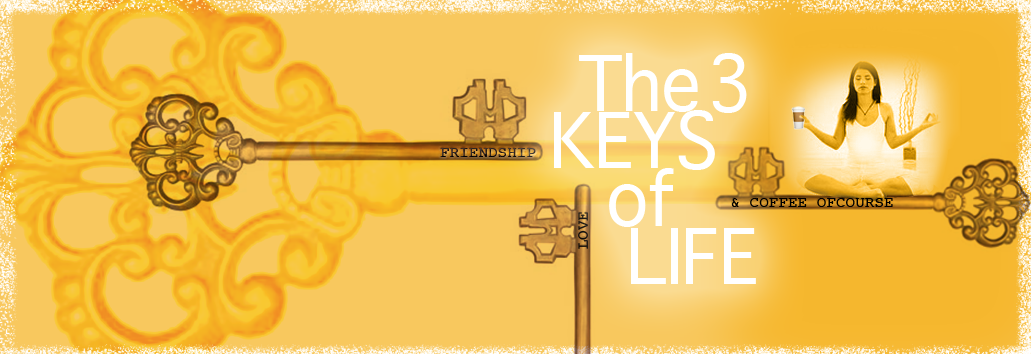 As a parent, I wish social cues could be more consistent and more accepting of individualism.
As a parent, I wish social cues could be more consistent and more accepting of individualism.In a new environment, social cues help me understand the dynamics of strong personalities and codes of conduct. I enjoy feeding off social cues to find a niche in almost any atmosphere. Communication skills become my tool box for my, "gift of gab." Interpersonal Communication can amplify the importance of each social cue. My kids show me the flip side of the social cues.
Social cues are not consistent. Among 5 year olds, social cues are way different. As a 5 year old, I must recognize the different social cues that arise among peers vs. school vs. home vs. every other place. As a 5 year old, I may forget to listen to my gut instinct or my mom, the pressure of social cues may pervade my entire attention. Furthermore, I must follow some social cues, while others are not as important.
"Acting out" has consequences. This social norm is fairly straight-forward. However, how is the rule interpreted? As a young child, I may get the wrong impression from society.
Do we accept people as they are? Should we suppress all character traits that are not socially accepted or just some of them? Can I be honest with my friends, or would they prefer that I tell them half truth and half fantasy?
Christy Camp, RYT

No comments:
Post a Comment